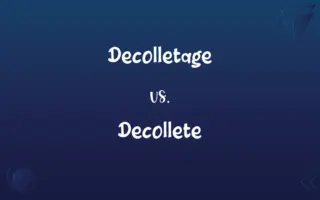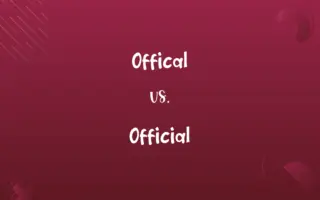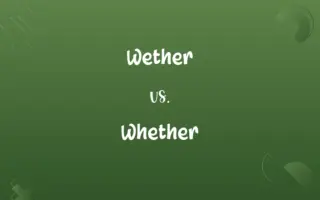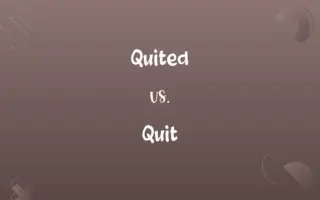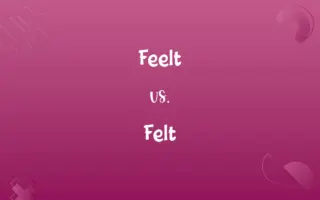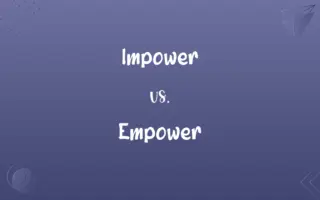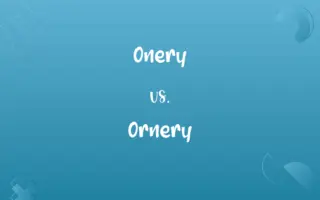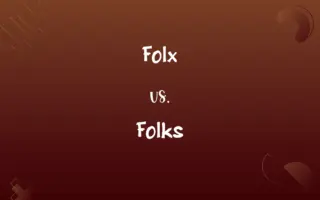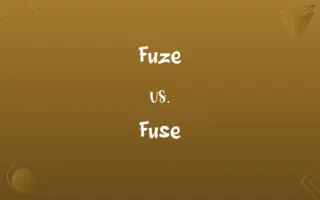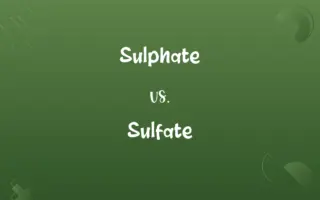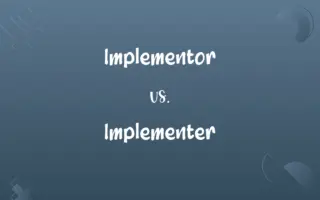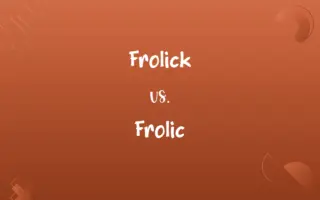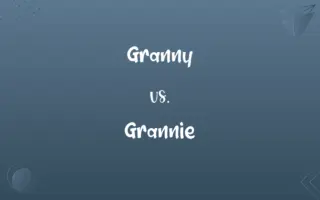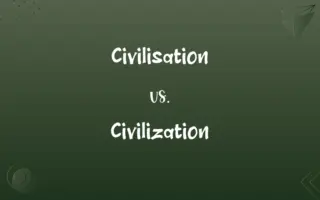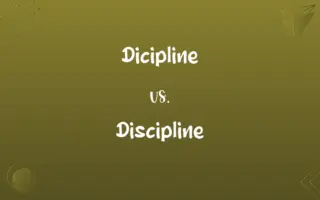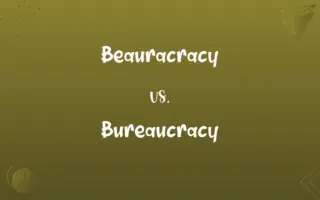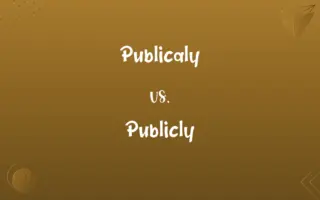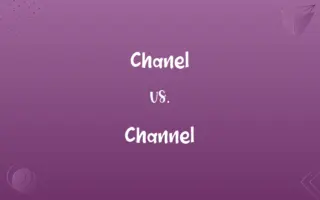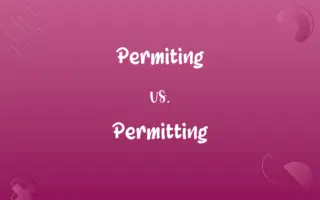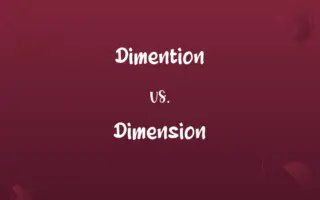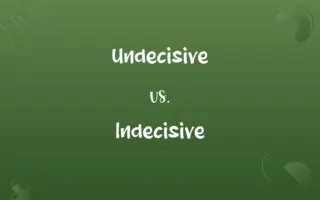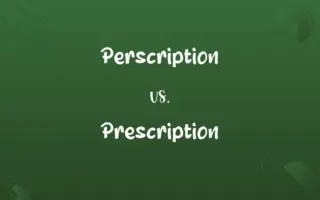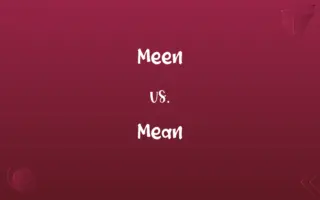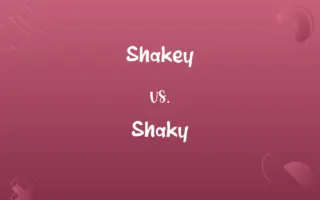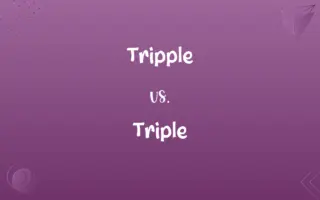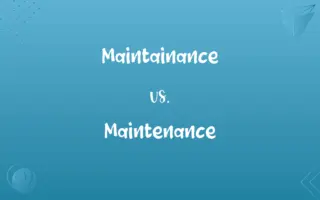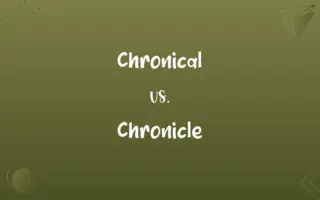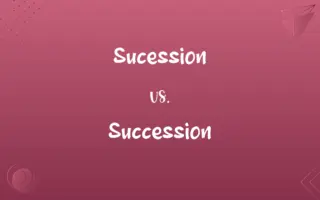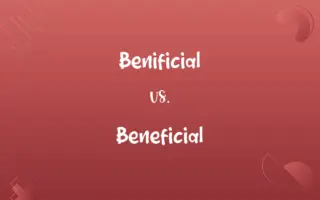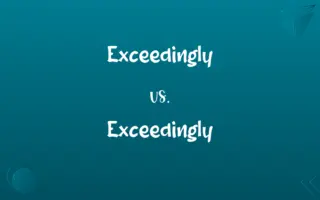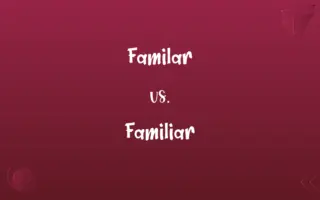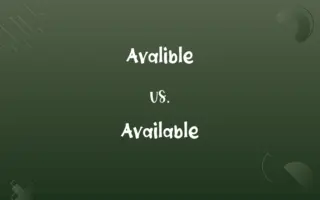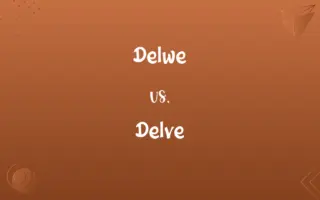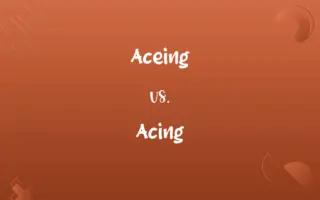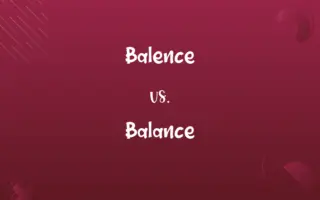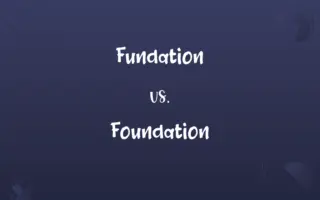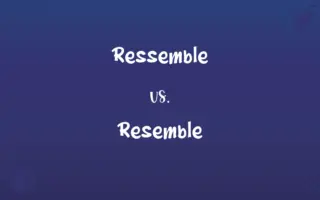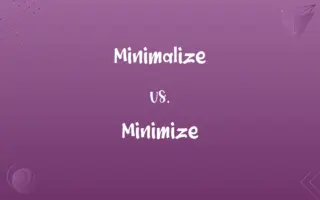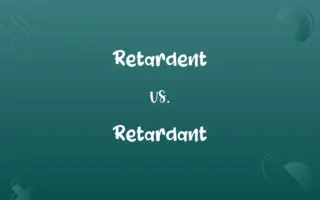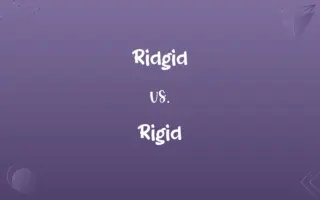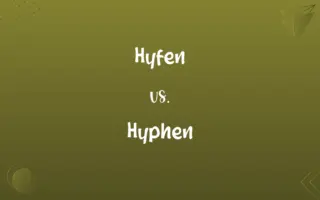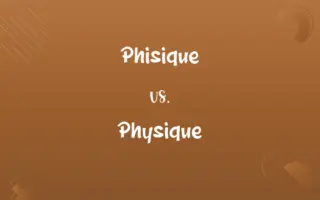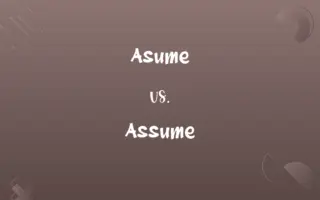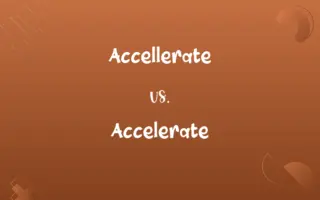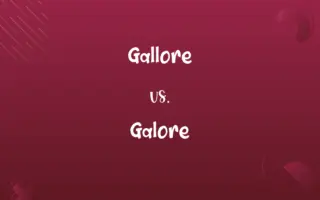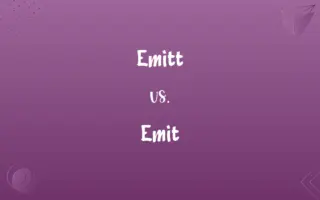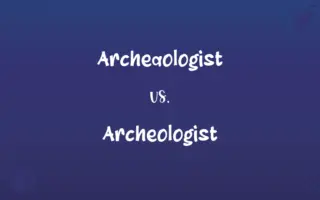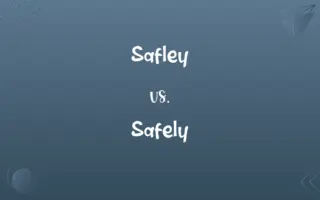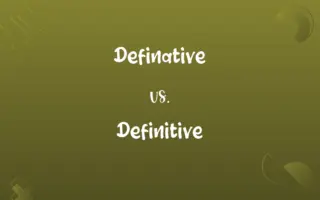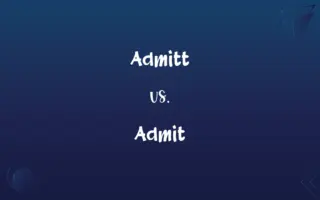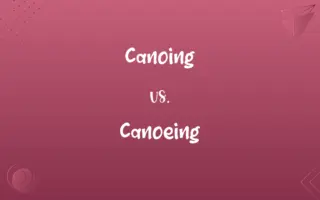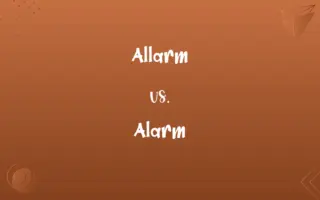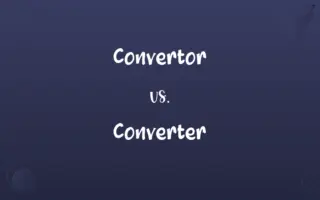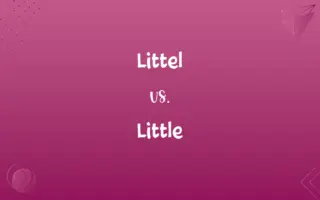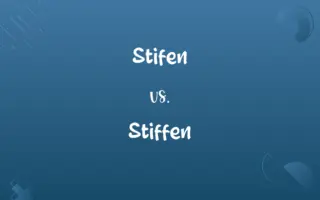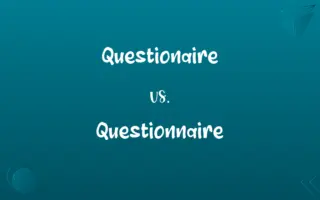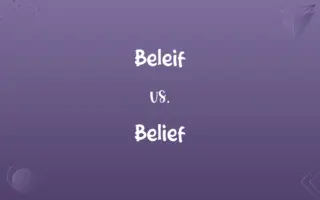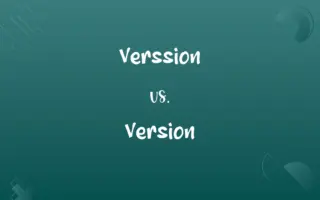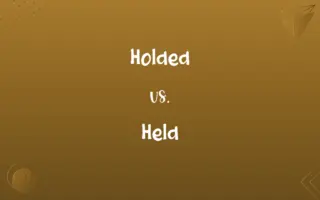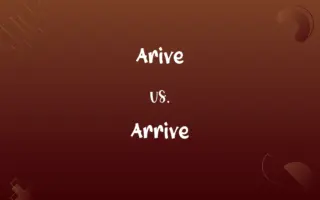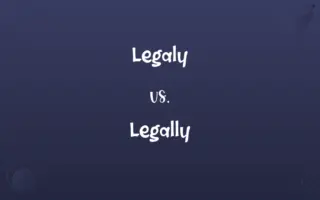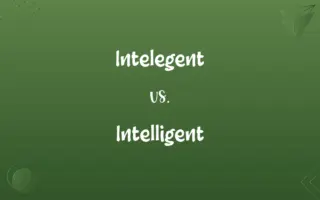Artefact vs. Artifact: Decoding the Right Spelling

By Shumaila Saeed || Published on December 30, 2023
"Artefact" is an incorrect spelling, while "Artifact" is the correct form, referring to an object made or shaped by human hand, typically of cultural or historical interest.
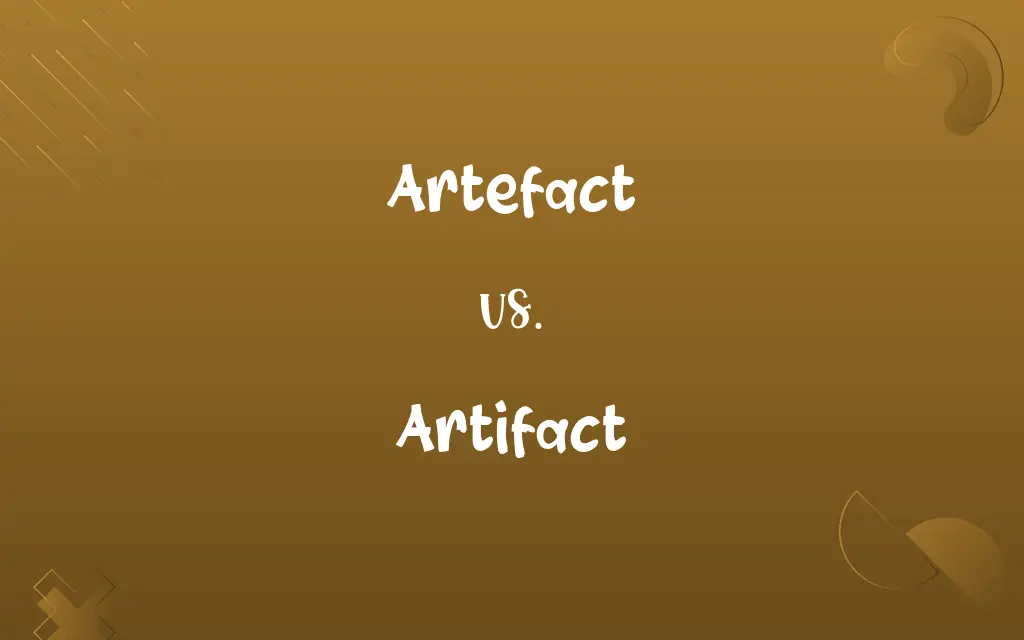
Which is correct: Artefact or Artifact
How to spell Artifact?

Artefact is Incorrect

Artifact is Correct
How to remember correct spelling of Artifact?
Think of "i" in "Artifact" as standing for "item," which an artifact is.
Shumaila Saeed
Dec 30, 2023
Remember that "Artifact" has the same start as "Art," which is often made by human hands.
Shumaila Saeed
Dec 30, 2023
Visualize "Artifact" as a combination of "Art" and "Fict(ion)," blending creativity and historical storytelling.
Shumaila Saeed
Dec 30, 2023
Associate "Artifact" with "Fact," as artifacts are factual pieces of history.
Shumaila Saeed
Dec 30, 2023
Recall that "Artifact" and "craft" both end with "ft," linking them to skilled making.
Shumaila Saeed
Dec 30, 2023
Artifact Definitions
A human-made object of historical or cultural significance.
The museum displayed artifacts from ancient Egypt.
Shumaila Saeed
Dec 14, 2023
A tangible piece of cultural or historical importance created by humans.
The gallery exhibited colonial artifacts, including tools and clothing.
Shumaila Saeed
Dec 14, 2023
A product of human art and workmanship, especially one with archaeological interest.
The bronze spearhead is a valuable artifact from the Iron Age.
Shumaila Saeed
Dec 14, 2023
Any item made by humans, often an object of study.
The artifact, a carved stone, was believed to be centuries old.
Shumaila Saeed
Dec 14, 2023
An object produced or shaped by human craft, especially a tool, weapon, or ornament of archaeological or historical interest.
Shumaila Saeed
Oct 19, 2023
Something viewed as a product of human conception or agency rather than an inherent element
"Morality is an artifact of human culture, devised to help us negotiate social relations" (Michael Pollan).
Shumaila Saeed
Oct 19, 2023
A phenomenon or feature not originally present or expected and caused by an interfering external agent, action, or process, as an unwanted feature in a microscopic specimen after fixation, in a digitally reproduced image, or in a digital audio recording.
Shumaila Saeed
Oct 19, 2023
An inaccurate observation, effect, or result, especially one resulting from the technology used in scientific investigation or from experimental error
The apparent pattern in the data was an artifact of the collection method.
Shumaila Saeed
Oct 19, 2023
An object made or shaped by human hand or labor.
Shumaila Saeed
Oct 19, 2023
An object made or shaped by some agent or intelligence, not necessarily of direct human origin.
Shumaila Saeed
Oct 19, 2023
Something viewed as a product of human agency or conception rather than an inherent element.
Shumaila Saeed
Oct 19, 2023
A finding or structure in an experiment or investigation that is not a true feature of the object under observation, but is a result of external action, the test arrangement, or an experimental error.
The spot on his lung turned out to be an artifact of the X-ray process.
Shumaila Saeed
Oct 19, 2023
(archaeology) An object, such as a tool, ornament, or weapon of archaeological or historical interest, especially such an object found at an archaeological excavation.
The dig produced many Roman artifacts.
Shumaila Saeed
Oct 19, 2023
(biology) An appearance or structure in protoplasm due to death, the method of preparation of specimens, or the use of reagents, and not present during life.
Shumaila Saeed
Oct 19, 2023
(computing) A perceptible distortion that appears in an audio or video file or a digital image as a result of applying a lossy compression or other inexact processing algorithm.
This JPEG image has been so highly compressed that it has unsightly artifacts, making it unsuitable for the cover of our magazine.
Shumaila Saeed
Oct 19, 2023
(museology) Any object in the collection of a museum. May be used sensu stricto only for human-made objects, or may include ones that are not human-made.
Shumaila Saeed
Oct 19, 2023
A product of human workmanship; - applied esp. to the simpler products of aboriginal art as distinguished from natural objects.
Shumaila Saeed
Oct 19, 2023
Any product of human workmanship; - applied both to objects made for practical purposes as well as works of art. It is contrasted to natural object, i.e. anything produced by natural forces without the intervention of man.
Shumaila Saeed
Oct 19, 2023
A structure or appearance in protoplasm due to death, method of preparation of specimens, or the use of reagents, and not present during life.
Shumaila Saeed
Oct 19, 2023
An object, oservation, phenomenon, or result arising from hidden or unexpected causes extraneous to the subject of a study, and therefore spurious and having potential to lead one to an erroneous conclusion, or to invalidate the study. In experimental science, artifacts may arise due to inadvertant contamination of equipment, faulty experimental design or faulty analysis, or unexpected effects of agencies not known to affect the system under study.
Shumaila Saeed
Oct 19, 2023
A man-made object taken as a whole
Shumaila Saeed
Oct 19, 2023
An object remaining from a particular period, showing human workmanship.
Archaeologists found a pottery shard, an artifact of the medieval era.
Shumaila Saeed
Dec 14, 2023
Repeatedly Asked Queries
Why is "Artefact" often considered incorrect in American English?
In American English, "Artifact" is the preferred spelling, aligning with the Latin origin, while "Artefact" is more common in British English.
Shumaila Saeed
Dec 30, 2023
How does the meaning of "Artifact" differ in archaeology?
In archaeology, "Artifact" specifically refers to objects made or modified by humans, often used to understand past cultures.
Shumaila Saeed
Dec 30, 2023
Is "Artifact" used in fields other than archaeology?
Yes, "Artifact" is used in various fields, like anthropology, history, and even in technology and medicine for different contexts.
Shumaila Saeed
Dec 30, 2023
Is there a difference in pronunciation between "Artefact" and "Artifact"?
No, both spellings are pronounced the same way, despite the difference in spelling.
Shumaila Saeed
Dec 30, 2023
Are "Artefact" and "Artifact" interchangeable in academic writing?
Usage depends on the variant of English; in American English, "Artifact" is preferred, while "Artefact" is more acceptable in British English contexts.
Shumaila Saeed
Dec 30, 2023
Can "Artifact" refer to modern objects, or only ancient ones?
While often associated with ancient items, "Artifact" can refer to any period, including contemporary objects made by humans.
Shumaila Saeed
Dec 30, 2023
Are there any mnemonic devices to remember the spelling of "Artifact"?
One mnemonic is to associate "Art" with human creativity and "Fact" with historical truth, both elements of an artifact.
Shumaila Saeed
Dec 30, 2023
What is the origin of the word "Artifact"?
"Artifact" originates from Latin, combining "arte" (by skill) and "factum" (something made), emphasizing skilled creation.
Shumaila Saeed
Dec 30, 2023
Does "Artifact" have synonyms that are less confusing in spelling?
Yes, words like "relic," "antiquity," or "object" can be used synonymously, though they might lack the specific connotations of "Artifact."
Shumaila Saeed
Dec 30, 2023
In what contexts might "Artefact" be the more appropriate spelling?
"Artefact" is more appropriate in contexts adhering to British English standards, such as in the UK or Commonwealth countries.
Shumaila Saeed
Dec 30, 2023
In digital technology, what does "Artifact" mean?
In technology, an "Artifact" refers to a product or byproduct generated during software development and testing.
Shumaila Saeed
Dec 30, 2023
What are some common mistakes made when using "Artifact" in writing?
Common mistakes include confusing its spelling with "Artefact," misusing it to describe natural objects, or misidentifying the age or origin of the artifact.
Shumaila Saeed
Dec 30, 2023
Can "Artifact" be pluralized, and if so, how?
Yes, the plural of "Artifact" is "Artifacts," simply adding an 's' at the end.
Shumaila Saeed
Dec 30, 2023
Is the use of "Artifact" in literature different from its academic use?
In literature, "Artifact" may be used more broadly or metaphorically, compared to its specific, technical use in academic contexts.
Shumaila Saeed
Dec 30, 2023
How can I teach students to differentiate between "Artefact" and "Artifact"?
Emphasize the etymology and regional spelling preferences: "Artifact" in American English, "Artefact" in British English.
Shumaila Saeed
Dec 30, 2023
Share this page
Link for your blog / website
HTML
Link to share via messenger
About Author
Written by
Shumaila SaeedShumaila Saeed, an expert content creator with 6 years of experience, specializes in distilling complex topics into easily digestible comparisons, shining a light on the nuances that both inform and educate readers with clarity and accuracy.
